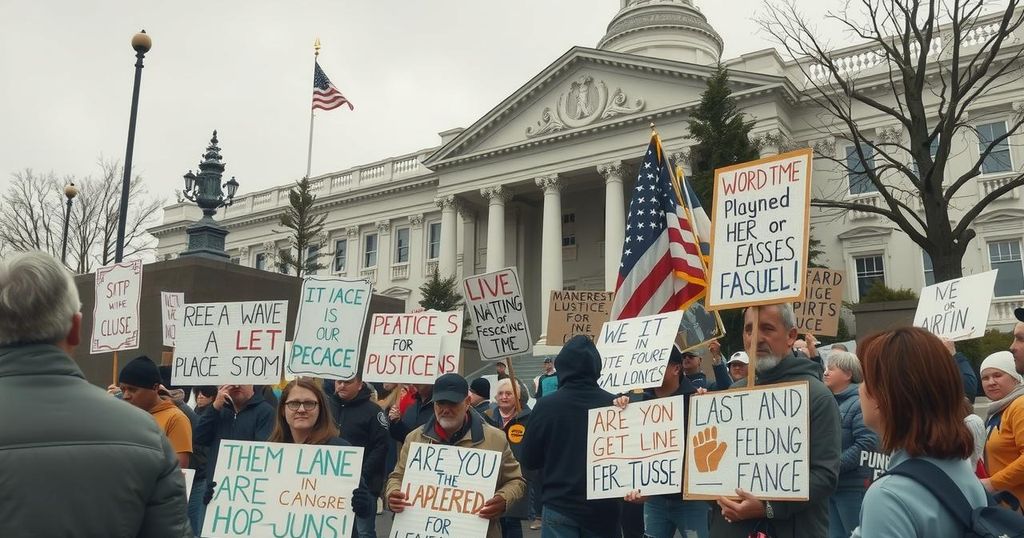A recent UN report on South Sudan highlights ongoing human rights violations fueled by political corruption and impunity. The Commission urges leaders to take action to address these issues to ensure a successful political transition. Key concerns include ethnic violence, sexual violence, and a lack of accountability within governance structures.
The UN Commission on Human Rights in South Sudan has released a report urging South Sudan’s political leaders to tackle the issues of impunity and corruption that are contributing to severe human rights violations. Yasmin Sooka, the Commission’s Chair, emphasized that despite the country’s independence and peace agreements, leaders continue to engage in violent conflicts, neglecting the needs of the populace. Investigations from 2024 reveal ongoing patterns of abuse, specifically highlighting incidents of sexual violence and the forced recruitment of children into armed conflict.
The report details events in Tambura where armed entities perpetrated ethnic violence against civilians, exacerbating divisions from prior conflicts. Political figures remain in power despite their involvement in past violations, and a culture of impunity prevails, hindering justice for victims. The findings underscore that conflict-related sexual violence is prevalent, with survivors facing insufficient healthcare, while many perpetrators remain unpunished.
Commissioner Barney Afako connected the persistent human rights violations to systemic weaknesses in governance and accountability, advocating for institutional reforms to ensure the fair use of national resources. The recent extension of the Revitalized Peace Agreement should serve as a catalyst for implementing necessary reforms, including the establishment of a permanent constitution.
Despite claims of ‘severe funding constraints,’ substantial government revenues from oil have not translated into improvements in public services, which remain inadequate. Commissioner Carlos Castresana Fernández noted that addressing corruption is essential for advancing justice, education, and health services in South Sudan. Otherwise, the cycle of human rights violations will continue unchecked.
Additionally, the 2024 implementation of the controversial “Green Book” law, permitting extrajudicial killings, further entrenches lawlessness within the society. The Commission found that the law fosters selective justice, undermining community relations and perpetuating violence, with insufficient judicial resources amplifying the crisis. Urgent reforms in Warrap’s judiciary are imperative to prevent further deterioration of justice.
The Commissioners’ recent engagements with survivors emphasized the dire need for accountability and institutional support, echoing concerns raised by civil society. The report highlights the government’s neglect of essential services and institutions that are crucial for societal progress. This ongoing repression hinders meaningful change and requires the commitment of all stakeholders to establish a path toward enduring peace.
The UN Commission’s report on South Sudan accentuates the critical need for a comprehensive response to impunity and corruption that perpetuate gross human rights violations. With amidst significant political challenges, it calls for a commitment to reform and accountability from political leaders. Only by addressing the institutional weaknesses and prioritizing the welfare of citizens can South Sudan hope to achieve lasting peace and stability.
Original Source: reliefweb.int




